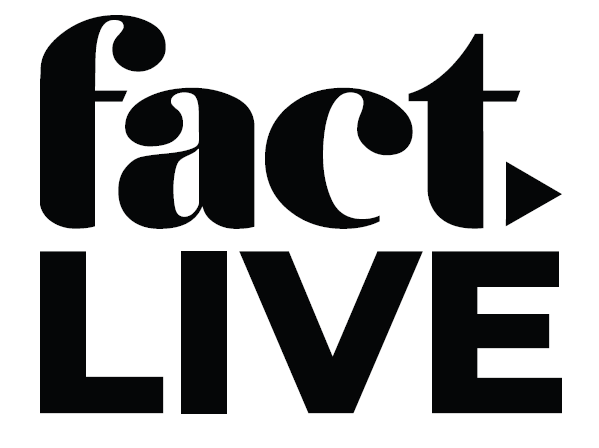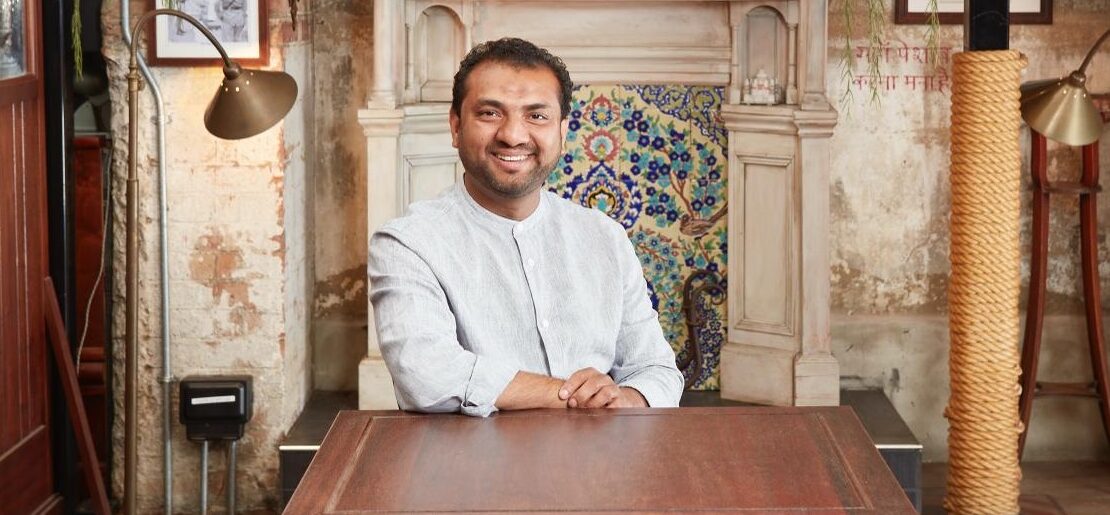Located in Jumeirah, the restaurant celebrates rarely-seen Indian recipes.
One of the biggest compliments for any chef is having people queue for your food. At Dishoom in London, where Naved Nasir was the Chef Director, lines would snake around the street. Now, he’s bringing his expertise and enthusiasm to the Indian restaurant Khadak in Jumeirah, Dubai. Ahead of the launch on 13 November, we sat down with the chef and talked about his dishes, dreams and doctors.
Chef Naved Nasir was born and grew up in India to a teacher mother and a doctor father. His family wanted him to be a doctor, so he studied medicine. He recalls: “My dad put all his hopes in me, and I tried. Cooking was not considered a profession for people from good families, and he originally hated it.”
Inspiration struck when he dined at his great-grandfather’s ancestral home, and discovered traditional cooking techniques. He shares: “I would watch how one meal could take up to one day and a half to cook, and that ignited a spark.” His cooking heroes include India’s Sanjeev Kapoor and Imtiaz Qureshi. He adds: “Sanjeev came on TV and made the profession fun and respectable. Imtiaz has a grandeur and persona, and created benchmark dishes”.
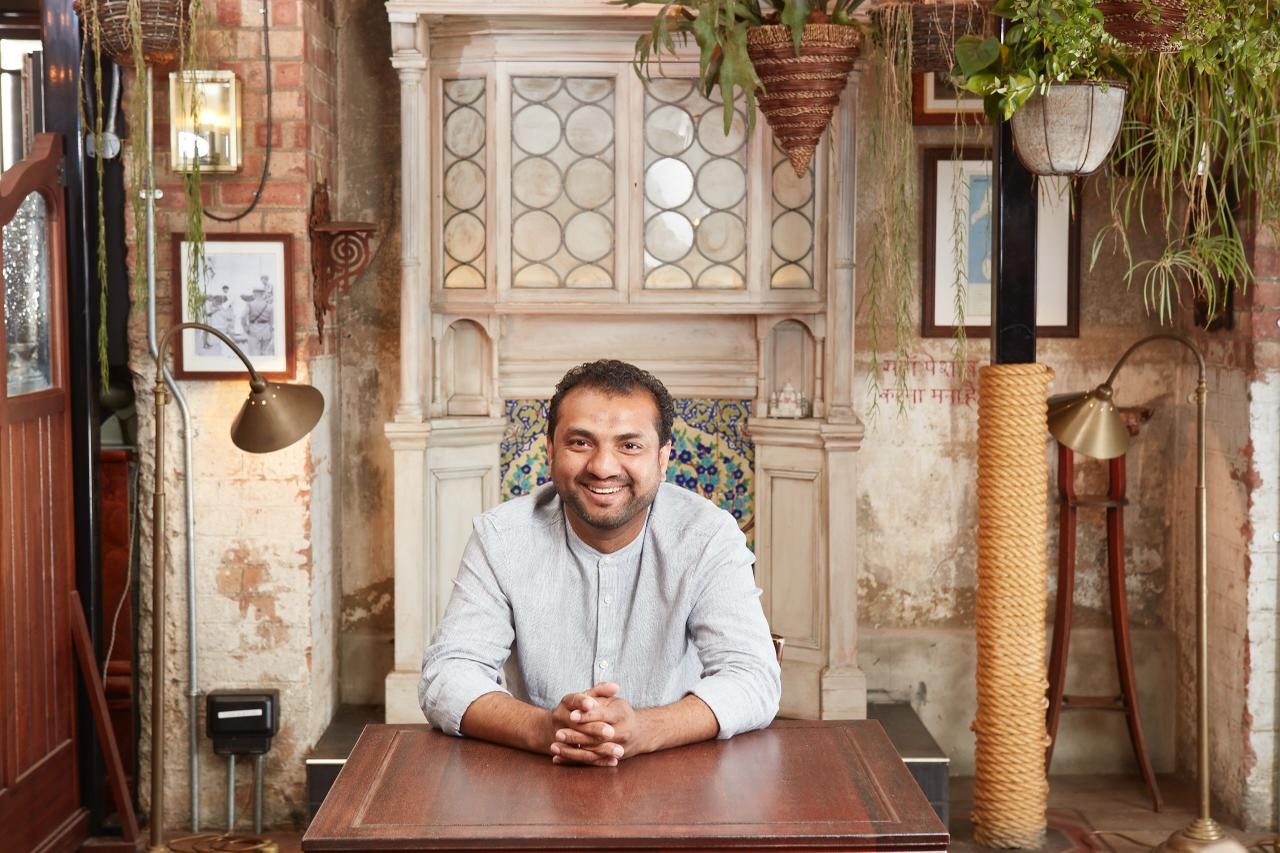
Naved started working at ITC hotels, and restaurants including Bukhara and Dum Pukht. When he was 30 years old, he became the youngest Executive Chef at a five-star hotel in India. In 2010, he found himself catapulted onto the international culinary map, thanks to the Indian restaurant, Dishoom. Located in Covent Garden, it is famous for its Bombay-inspired dishes and décor. Now, it has branches in Birmingham, Edinburgh, Manchester, and London’s King’s Cross and Shoreditch.
“Dishoom has been my life. I created the brand from a food point of view. We didn’t want refined food. We wanted food from the streets of Bombay. I always consider it to be home, and it has never been a job. It grew amazingly. I’m bringing what I learned from Dishoom to Dubai, and there will be glimpses of it in Khadak,” he smiles.
From London to Dubai
Khadak aims to celebrate the rich culture and cuisine of India. At its heart are rarely seen recipes, which hail from legendary food streets, traditional weddings and a bygone era. The dishes and design share unheard stories from the people behind the food – lookout for the story wall with kitchen bells.
Naved explains: “With Khadak there’s a lot more to say and show. It gives a canvas for me to paint a picture. Every city in India has something unique, and there are shops and stalls that have been running for more than 100 years. We are paying homage to those food stalls, and capturing the essence of their specialisms.”.
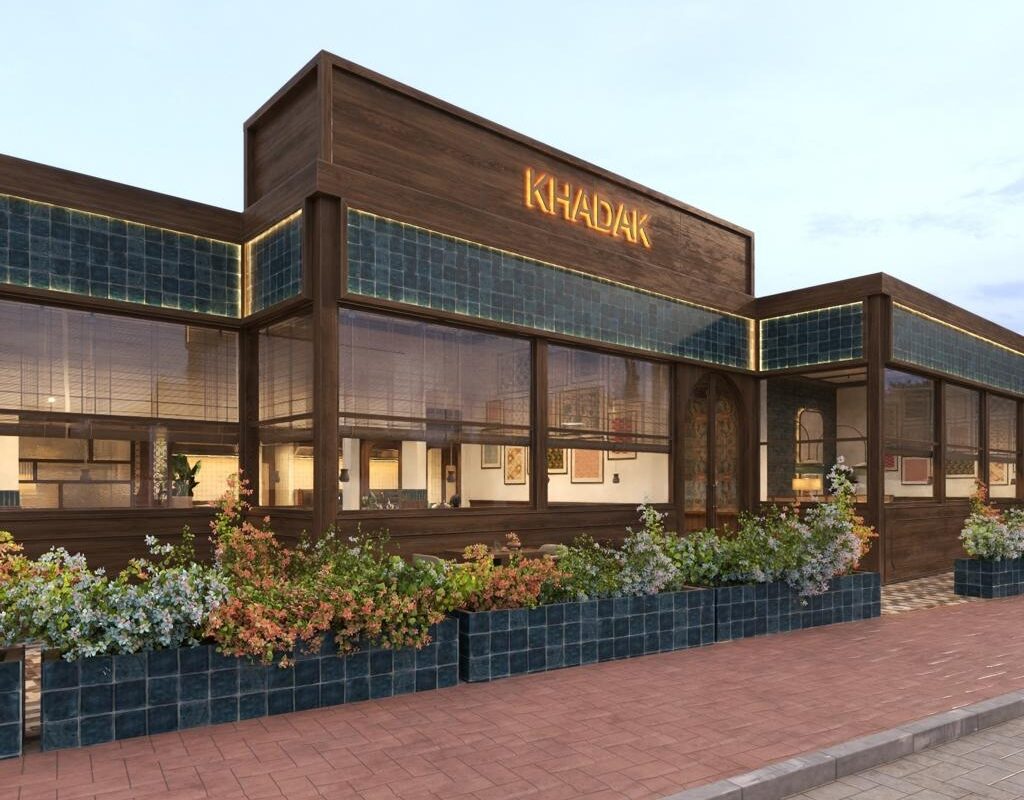
On Khadak’s main menu, the dishes include Chicken Baida Roti, which is popular in Bombay; Daal Gosht with lentils and meat, which is his mum’s recipe; Nihari with slow cooked meat, which is inspired by Lucknow. Plus, the menu pays tribute to the town though the Jackfruit Haleem stew, which has a Middle Eastern influence and vegetarian twist.
Given the reputation of Chef Naved Nasir, he could open a restaurant anywhere in the world, but has always been fond of the UAE. He reflects: “Dubai has been my second home, and my stopover spot. If I were to think of another city, beyond London or New York, to open a restaurant, it would be Dubai. It’s not just about brands coming here from the United Kingdom or United States. Times are changing – local brands are shining, and the tides have turned. Dubai is now becoming the food capital of the world”.
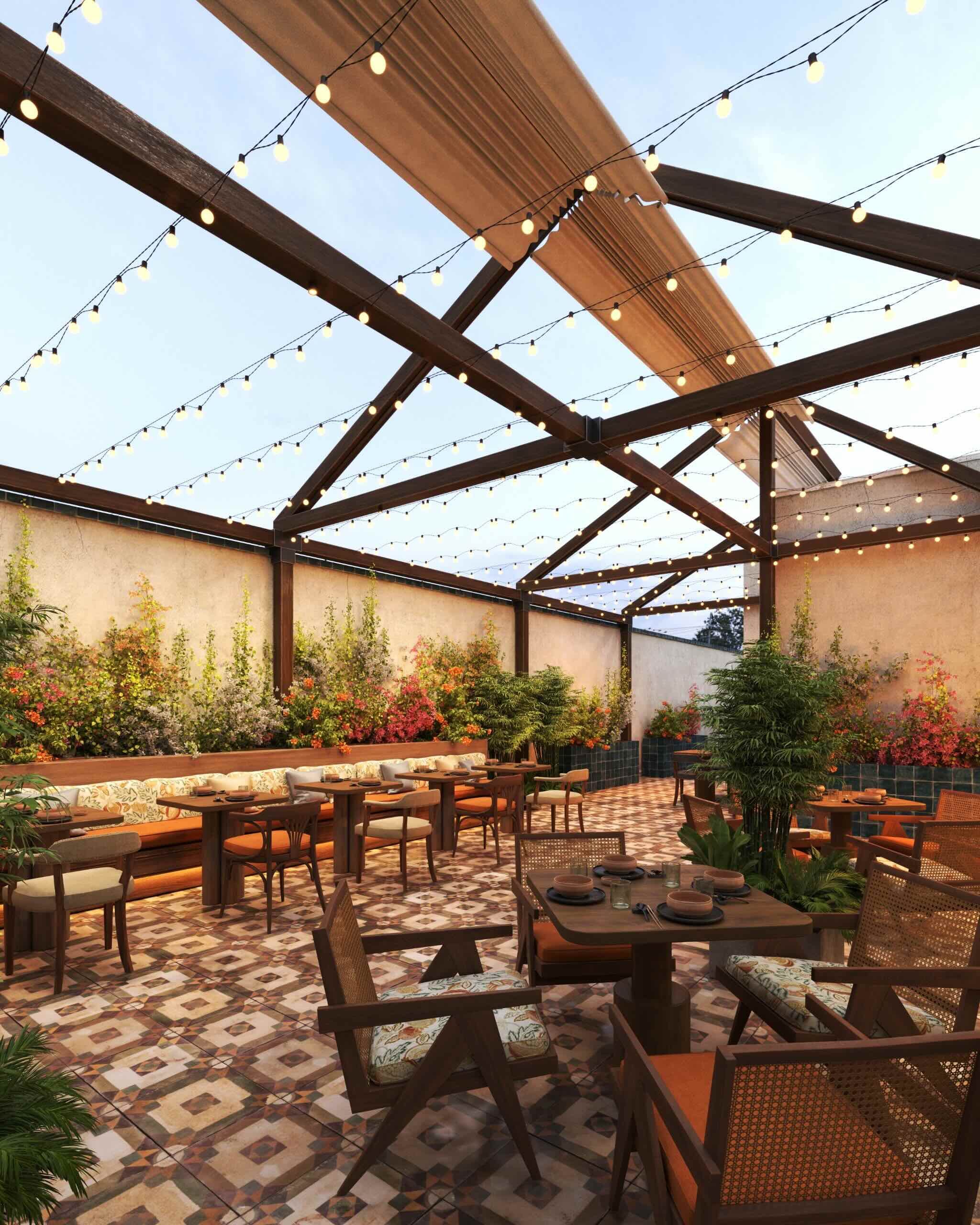
Dubai is home to world-class Indian restaurants, and arguably the best Indian food outside of India. He has stiff competition, especially from the Indian culinary community. He concludes: “When I went to London, I had no idea how the food scene worked. I don’t want to rival anyone, and I want to find my own place. I want to humbly ask Dubai to accept me. I’m not here to take away, I’m here to add. It’s a bouquet, and I’m another flower”.
Khadak: all the signs say that it will be worth the wait – and potential queues.
GO: Visit www.khadak.com for more information.

